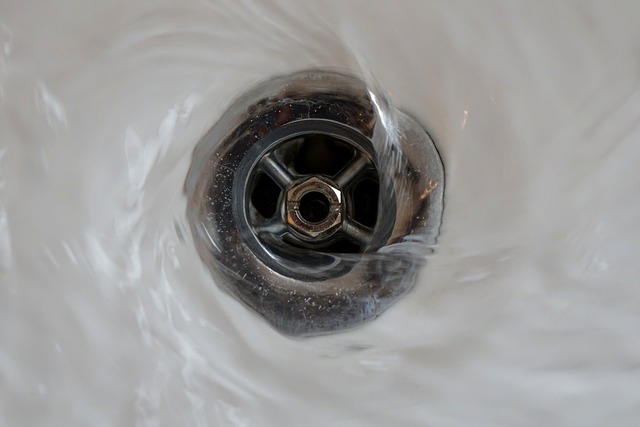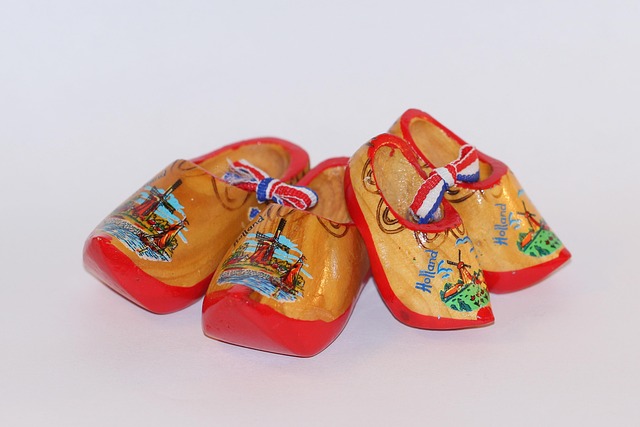TL;DR:
Overlooking early signs of clogged drains can cause serious problems. Key indicators include slow drainage, unusual gurgling sounds, and bad odors. Regular maintenance like using drain covers and avoiding grease or large food particles helps prevent clogs. Recognizing these signs promptly allows for taking preventive measures to keep drains clear, avoiding costly plumbing emergencies.
Don’t let a clogged drain turn your day into a nightmare! Recognizing early warning signs is key. Look out for slow-draining water, unusual noises like gurgling or banging, and backups in sinks or tubs—these are red flags that something’s amiss. Understanding common causes such as hair and grease buildup, foreign objects, tree roots, or pipeline corrosion can help you tackle minor issues. However, if clogs persist despite home remedies, or you encounter severe water backups, sewer gas smells, or visible pipe damage, it’s time to call a professional plumber.
Identifying the Early Warnings

Many people often ignore the subtle signs that their drains are clogging, which can lead to bigger problems later. It’s crucial to recognize the early warnings so you can take action before it becomes a significant issue. The first signs of a clogged drain include slow drainage—if water takes an unusually long time to flow down the sink or shower, it might be a red flag. Additionally, unusual gurgling sounds coming from drains are another indicator; this happens when water tries to force its way through a partial clog.
Keep an eye out for persistent bad odors wafting from your drains—a sign of decaying organic matter that can’t pass through a clogged pipe. If you notice any of these signs, it’s time to take preventive measures. Regular maintenance, such as using drain covers and avoiding pouring grease or large food particles down the sink, can help keep your drains clear.
– Slow Draining Water

If your sink, bathtub, or shower is draining slowly, it could be one of the clearest signs of a clogged drain. This is often the first red flag that something is amiss. Water backup and slow drainage are indicators that a pipe or drain is blocked, typically by accumulated hair, grease, or other debris.
Pay attention to how quickly water disappears after you turn off the faucet or showerhead. If it takes an unusually long time for the basin to empty, it’s a good idea to investigate further. Slow draining can lead to more serious clogs and even plumbing emergencies if left unchecked, so addressing this early on is key to preventing bigger issues down the line.
– Unusual Noises (gurgling, banging)

Unusual noises coming from your drains can be one of the most prominent signs of a clogged drain. If you hear gurgling sounds, it’s often an indicator that water is struggling to pass through the pipes, leading to a backflow and potential overflow. This can occur when a significant obstruction blocks the flow, forcing water to find alternative paths, which results in those distinctive gurgling noises. Similarly, banging or thumping sounds might suggest a partial clog or pipe damage as water attempts to force its way through blocked areas.
Paying attention to these unusual noises is crucial for identifying potential drain issues early on. Ignoring them could lead to more severe clogs and costly plumbing emergencies. Regularly monitoring your drains for such signs can help you take proactive measures, ensuring a smooth-flowing home without unexpected disruptions.
Recognizing the early signs of a clogged drain can save you from a day filled with frustration. By being vigilant about slow drainage or unusual noises, you can prevent a minor issue from becoming a major headache. Stay proactive and keep these red flags in mind to ensure smooth plumbing operations in your home.
